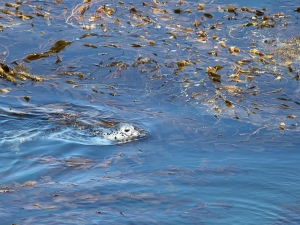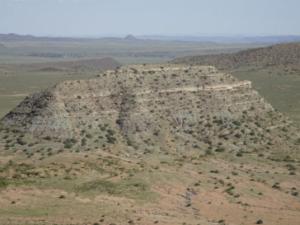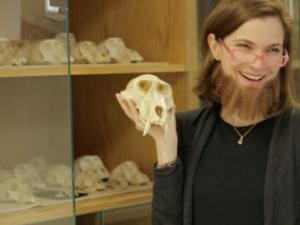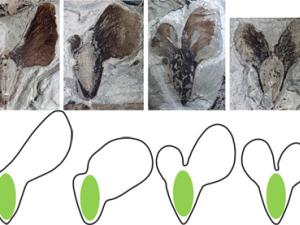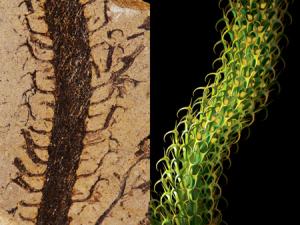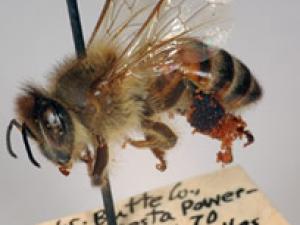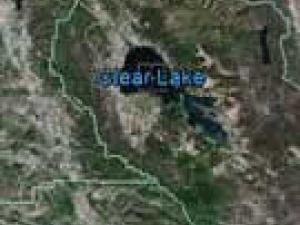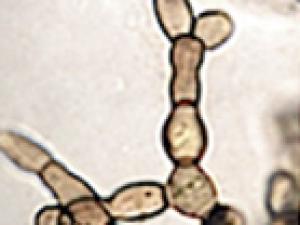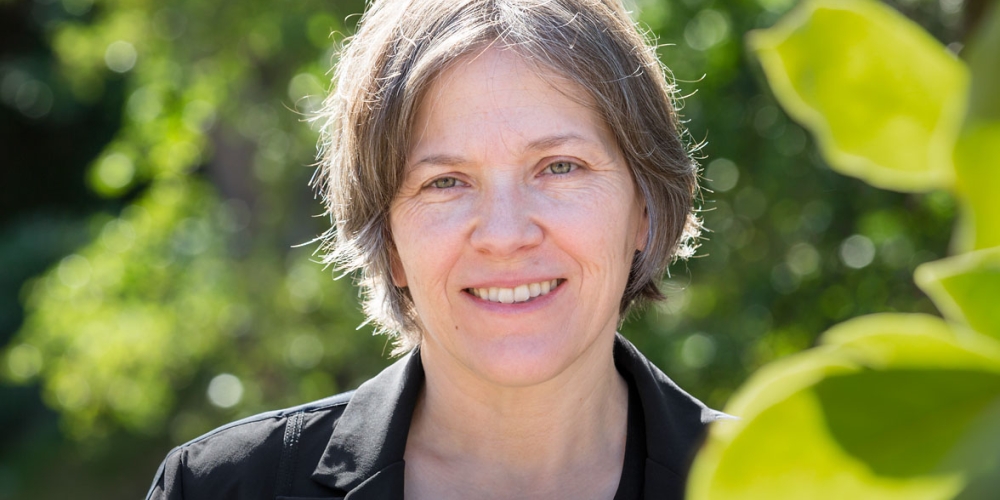

Research Expertise and Interest
paleoecology, paleobotany, palynology
Research Description
Cindy Looy is an associate professor in the Department of Integrative Biology and a plant ecologist who tumbled down the rabbit hole of deep time. As a notorious subject hopper Cin's interests are all over the place, however a common denominator in much of her work is the response of plants and plant communities to major environmental change and its evolutionary consequences. Her primary interest is investigating aspects of the terrestrial end-Permian biotic crisis and its aftermath, and the terrestrial consequences of the transition from a glacial-dominated ice-house world to an ice-free greenhouse one—going from the late Carboniferous to the middle Permian. Although she likes almost all things green (even after they stopped being green 100s of millions of years ago), she has a soft spot for conifers and lycophytes.
